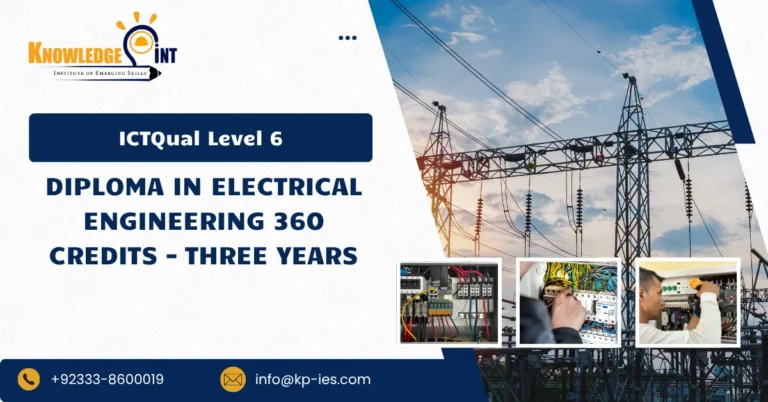LICQual Level 6 Diploma
Environmental Sustainability Management
Awarding Body
LICQual
Credits
120 Credits
Course
Environmental Sustainability Management
study mode
Online Learning
Course overview
The LicQual Level 6 Diploma in Environmental Sustainability Management is designed for senior professionals and leaders aiming to develop expert-level knowledge and strategic leadership in environmental and sustainability management. This qualification builds on prior learning and provides a comprehensive understanding of complex environmental legislation, international regulations, and global sustainability standards. Learners gain the skills needed to shape organisational sustainability policies, drive strategic initiatives, and ensure robust environmental governance at an executive level.
Throughout the programme, learners acquire advanced analytical, managerial, and decision-making skills to lead environmental performance and sustainability initiatives across organisations. Key areas of study include strategic environmental impact assessment, climate change strategy, sustainable resource and energy management, advanced risk assessment, and environmental auditing. The course also emphasises sustainability reporting, corporate social responsibility, performance monitoring, and the development of continuous improvement systems. Real-world case studies and applied projects enable learners to evaluate complex sustainability challenges and implement evidence-based, innovative solutions.
This diploma is ideal for environmental directors, sustainability managers, consultants, and senior executives responsible for organisational sustainability strategy. Graduates are prepared to design and implement strategic sustainability frameworks, oversee regulatory compliance, and lead organisational change initiatives. The Level 6 Diploma also provides a pathway to executive-level qualifications or professional recognition, supporting career advancement into top-tier leadership roles in environmental management, sustainability consultancy, and strategic operations.

Approved Training centre of LICQual Uk
Centre # : ATC24002

Entry Requirments
Entry Requirements for the LICQual Level 6 Diploma in Environmental Sustainability Management:
- Educational Qualifications:A Level 5 qualification or equivalent in environmental management, sustainability, or a related field is recommended.
- Professional Experience:Significant professional experience in environmental or sustainability leadership roles is preferred for effective participation.
- English Language Proficiency:Since the program is delivered in English, learners must show competence in reading, writing, and communication.
Course structure
The LICQual Level 6 Diploma in Environmental Sustainability Management in Personal Protective Equipment qualification consists of 5 mandatory units.





